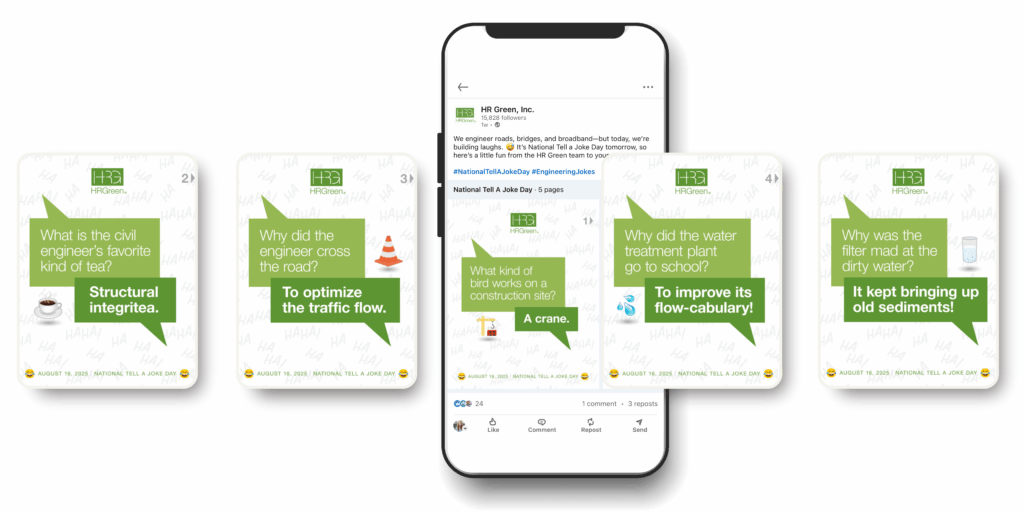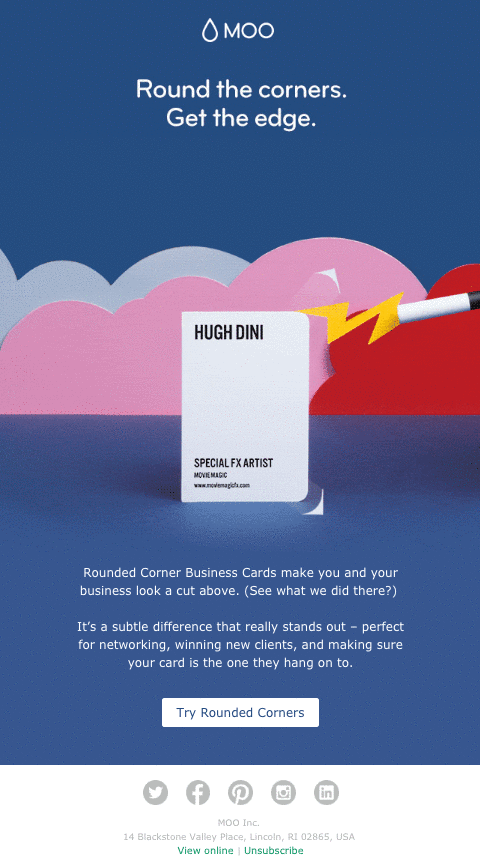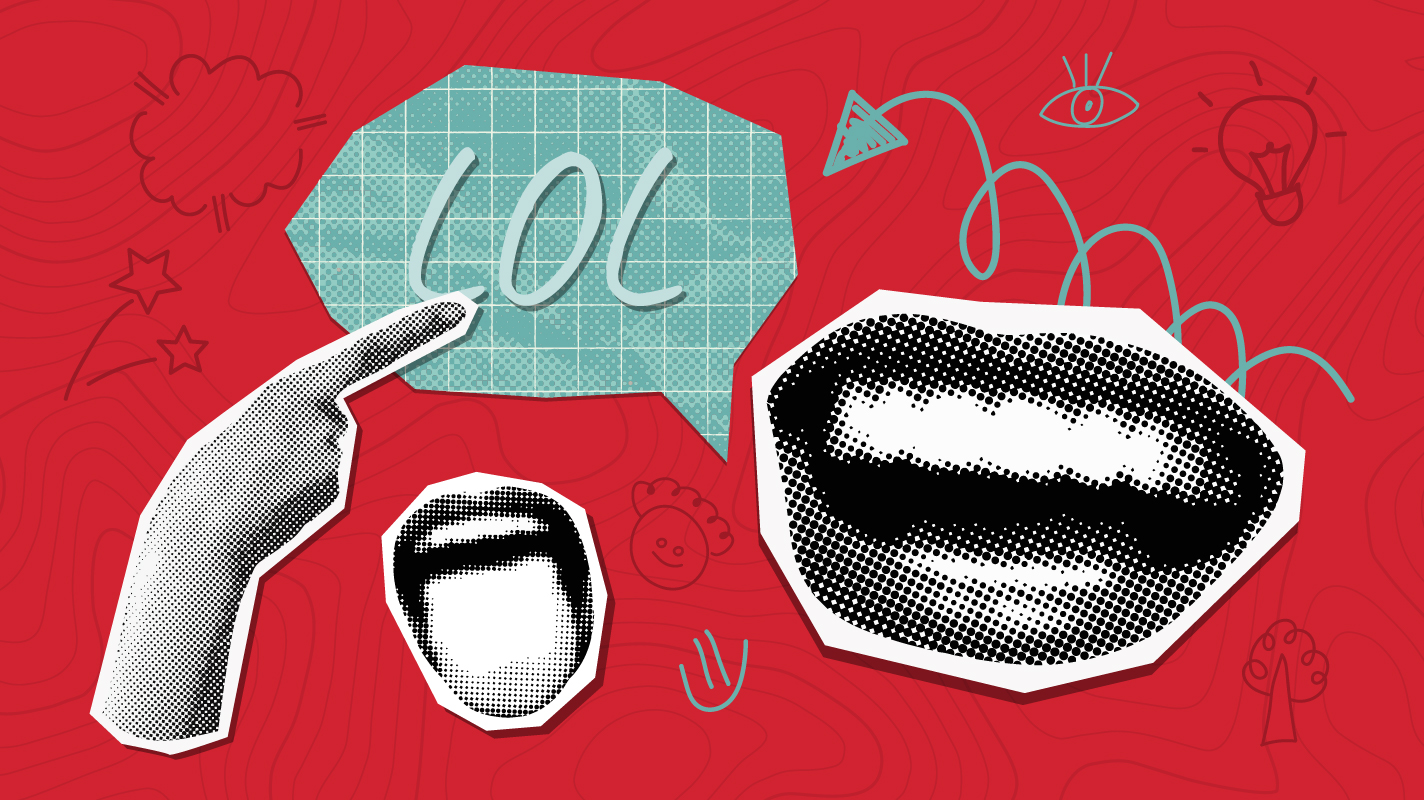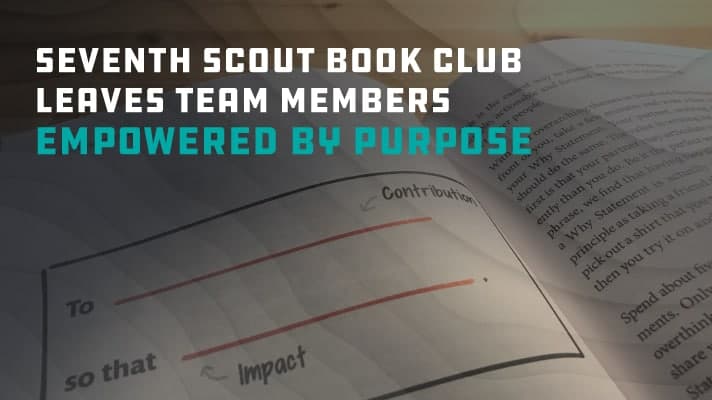When you think of business-to-business (B2B) marketing, what comes to mind? For me, it’s a lot of webinars, a lot of mass emails, and a lot of revision rounds before any creative or copy ever sees the light of day. While those have their place, the truth is this: your audience is still human. And you know what humans connect with? Humor.
A recent Forbes article pointed out that humor is still one of the most underrated advantages. Using humor in your B2B digital marketing strategy could set you apart in a crowded market, build a relationship with your customers that lasts a lifetime, and turn “yet another campaign” into something memorable.
Why Humor Works in B2B
B2B marketing strategies often lean serious and buttoned-up, but your customers aren’t just personas. Try to get past only seeing your audience as “IT Director Tina” or “Go-Getter Gary” and instead view them as real people who respond positively to something that makes them smile. Humor builds trust, lowers defenses, and creates positive brand association. Funny enough, data even tells us that laughter has a range of health benefits that make us feel great. Cue that release of endorphins!
Where Humor Works Best in B2B
Here’s how some B2B brands have successfully used humor in marketing and how you can do it too:
Humor in Websites
Parts of your website design, like a 404 page, are the perfect opportunity to get a little silly in a low-stakes way. Most people will (hopefully) never even see this part of your website. But for those who do, you have a golden opportunity to take a situation that’s usually frustrating—getting lost while searching or visiting a broken link—into something that cheerfully gets users back on track.
Businesses Doing it Well:
Humor in Social Media
When your social feed is stiff and stale, people will scroll. People are more likely to engage with content that feels personal and relatable. In your social media marketing, don’t be afraid to lean into light-hearted posts that poke fun at shared industry struggles or test out playful polls, memes, or even GIFs. This humor shows that you not only understand the challenges your customers are facing, but it also invites them to be in on the joke with you. That’s community building at its best.
Businesses Doing it Well:
Semrush, the software-as-a-service (SaaS) marketing tool for SEO, embraced comedy on LinkedIn and utilized inside jokes in their post during the height of the Squid Games television show craze. Does this post sound like gibberish to people not in their industry? Yes. But does it show they are acutely aware of their core demographics’ pain points? Also yes.
HR Green, one of the nation’s longest-operating civil engineering firms, used National Tell a Joke Day as an opportunity to show some personality on their LinkedIn feed. It’s proof that even in industries where the stakes are high, a little humor can go a long way in making a brand feel approachable and human.

Humor in Email
Your subscribers’ inboxes are crowded, and the last thing they want is another dull, transactional message. Humor in email marketing is a great way to surprise and delight readers while still driving them to click. A clever subject line or a witty bit of body copy can turn a newsletter or announcement into something memorable. A/B testing here will be your best friend. Try out different wordplay or humor to see what resonates most with your audience.
Businesses Doing it Well:
MOO, the online promotional products supplier, doesn’t embed humor in their emails for humor’s sake. They keep their wordplay aligned with their product messaging, in this case, business cards.

When Humor Works (and When It Doesn’t)
Humor is powerful, but only when it feels natural and aligned with your brand. Cracking a joke just for the sake of it can feel forced—or worse, out of touch. A financial services firm, for example, probably shouldn’t lean too heavily on slapstick memes. Instead, think about the kind of humor that resonates with your specific audience. Ask yourself things like: What’s a problem my audience always faces? What’s a situation only they would understand? Because at the end of the day, we all just want to be seen and understood.
But here’s the word of caution: not all humor lands the way you intend. Some common pitfalls to watch for include:
The Right Joke at the Wrong Time
Even the most lighthearted content can feel tone-deaf if it collides with a serious cultural or world event. Timing matters just as much as tone. Before hitting “publish,” get a read on current events both in your industry and beyond.
Blind Spots
We all have them. Let’s accept it. A joke that feels harmless to you might inadvertently come across as offensive to others. The solution? Shop your idea around the office with some experts, or ask for a second set of eyes before it lives on the internet forever.
Overdoing It
Humor should support your brand voice, not overshadow it. If every post, email, or ad is chasing a punchline, your audience may start to wonder if you’re taking their needs seriously.
Humor works best when it’s thoughtful, intentional, and above all, empathetic. When in doubt, err on the side of respect. After all, the goal isn’t just to get a laugh. The goal is to build trust.
A Human Approach
Serious business doesn’t have to mean boring. When you infuse personality across your content, you invite your audience to engage and not just consume. That’s the real advantage: marketing that feels human.
If you’re ready to explore how humor can work for your brand, let’s talk. Seventh Scout is a digital marketing agency that can help you find the perfect balance between playful and professional.




